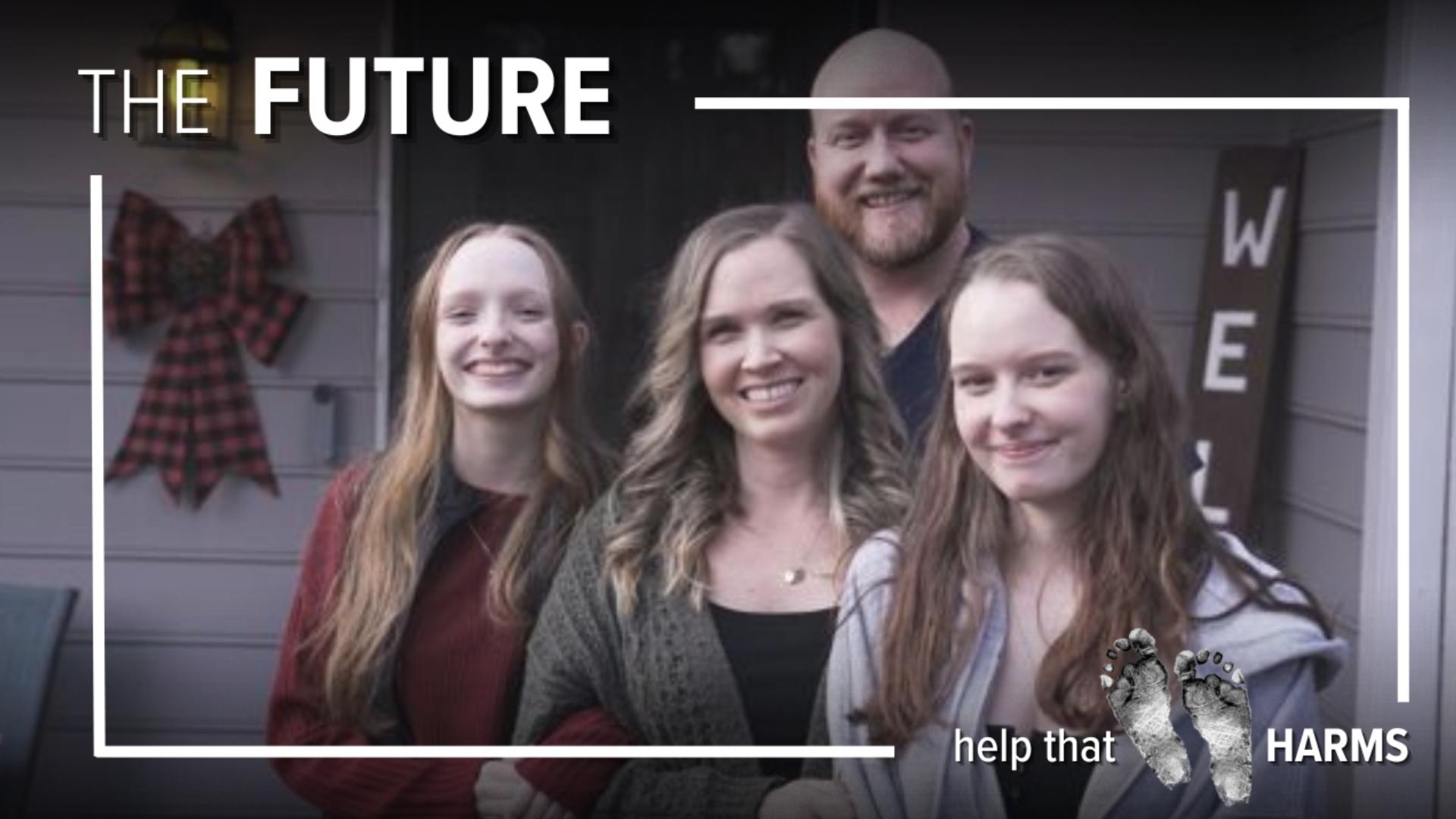Accused, separated and reunited: Parents describe journey to get their kids home after being accused of abuse
Some families have lived the Help That Harms – the roadblocks that make it difficult for parents to prove their innocence after being accused of abuse.
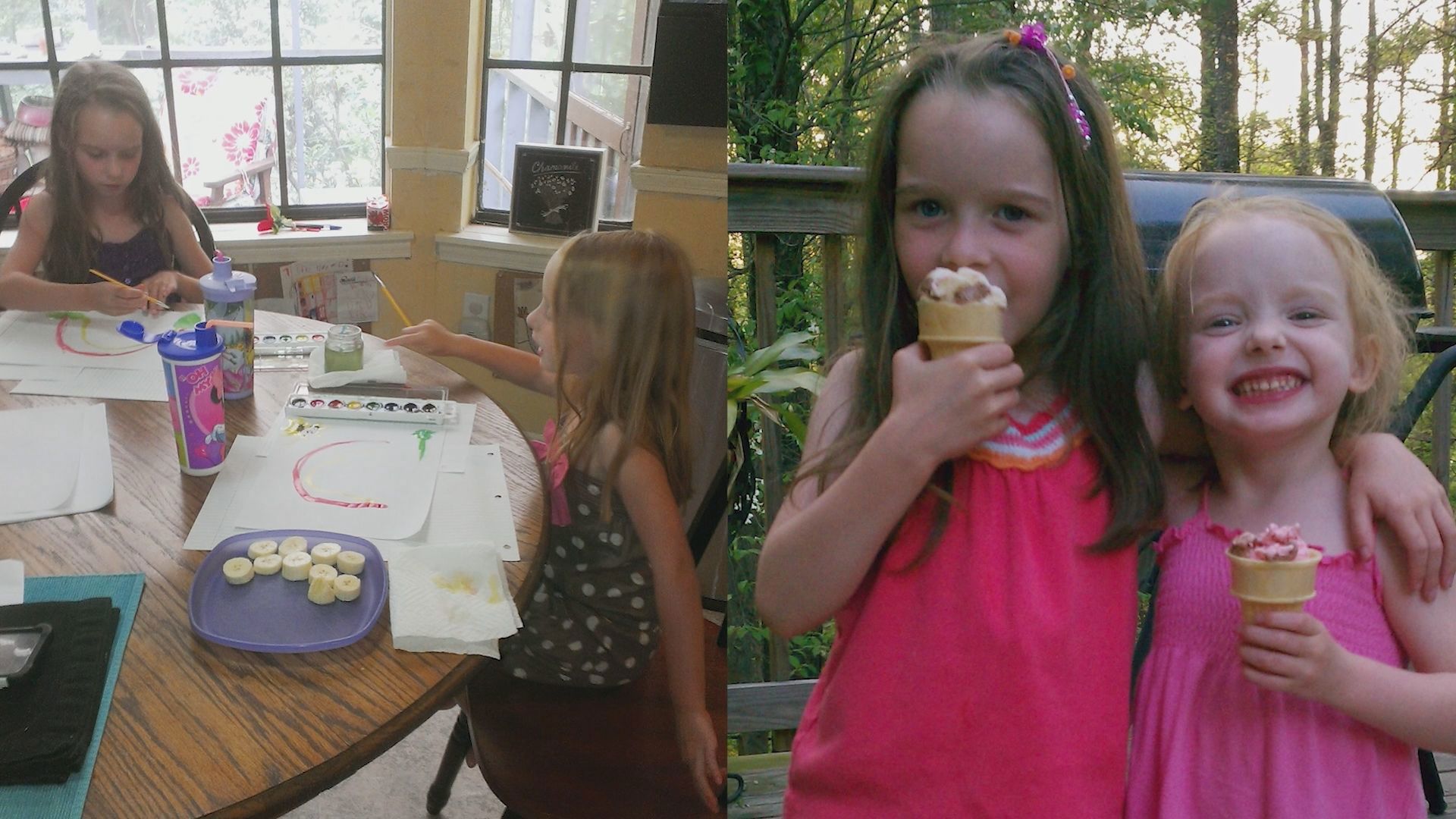
It's called The "F" Word: Foster Care. That’s the name Colleen Puckett gave to her podcast, created after she experienced her family torn apart more than a decade ago.
“The first two episodes are my husband and I talking, doing our story,” Puckett explained. “They told us they were there because there had been some allegations made that I was starving our children. Which was very ironic given that they showed up while I cooking this ginormous home cooked meal for our children.”
Doctors were concerned the girls weren't gaining as much weight as they expected for their age. The family began to see a dietician, who said one of three things must be happening: the girls aren't eating, the girls have a medical condition, or they aren't being given enough food.
After consulting with a child abuse pediatrician, it was determined the last one must be the case. It would take more than a year to convince a judge the doctor was wrong.
Living the Help That Harms
Puckett said for all the trauma placed on the family, the year the girls were away for alleged starvation, they registered the smallest amount of weight gain and growth in their life. She said they came home with no new diagnoses and remained on the same medications as before they were taken.

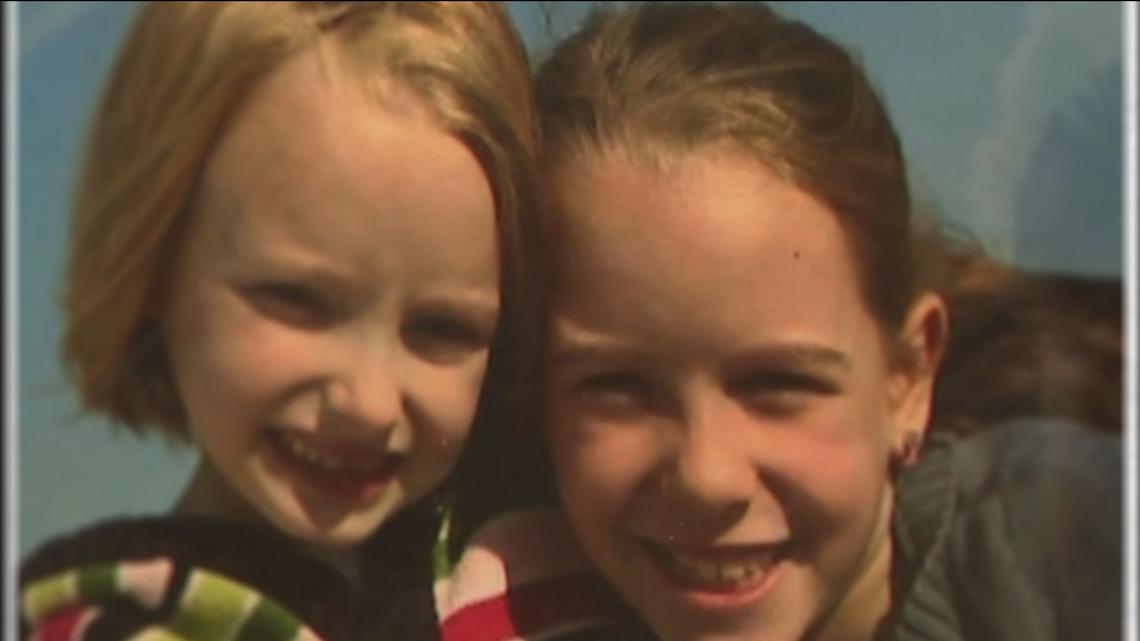
The Pucketts said they have lived the Help That Harms – the roadblocks created by the child welfare system that make it difficult for parents to prove their innocence after being accused of abuse. Even though the Pucketts had the resources to fight and get their children back, their family wears the scars.
“My kids weren't going to be removed to begin with. They were supposed to be safety planned, and we were supposed to work through this and try to figure it all out,” Puckett said, as she referred to the "safety plan" response Georgia’s Division of Family and Children Services has to create rules that allow children to stay home during an investigation rather than to enter foster care.
The Pucketts said they were under the impression their caseworker agreed this was not an abusive situation, but something changed when the child abuse pediatrician and DFCS leadership got involved. The Pucketts believe that’s a problem, considering none of those people actually met them or their children. They just made decisions based off information written on paper.
“We have case managers who will tell parents, like, I don't believe you did anything, but this is what I'm being told I have to do. And that's frustrating on parents because they're being told one thing of, 'we believe you,' and then go into court and the testimony is, 'we think you're an awful parent,' and it's like two totally different, you know, people basically,” Puckett said, reflecting on her work as a parent advocate, a new job born out of her experience.
Advocating for others

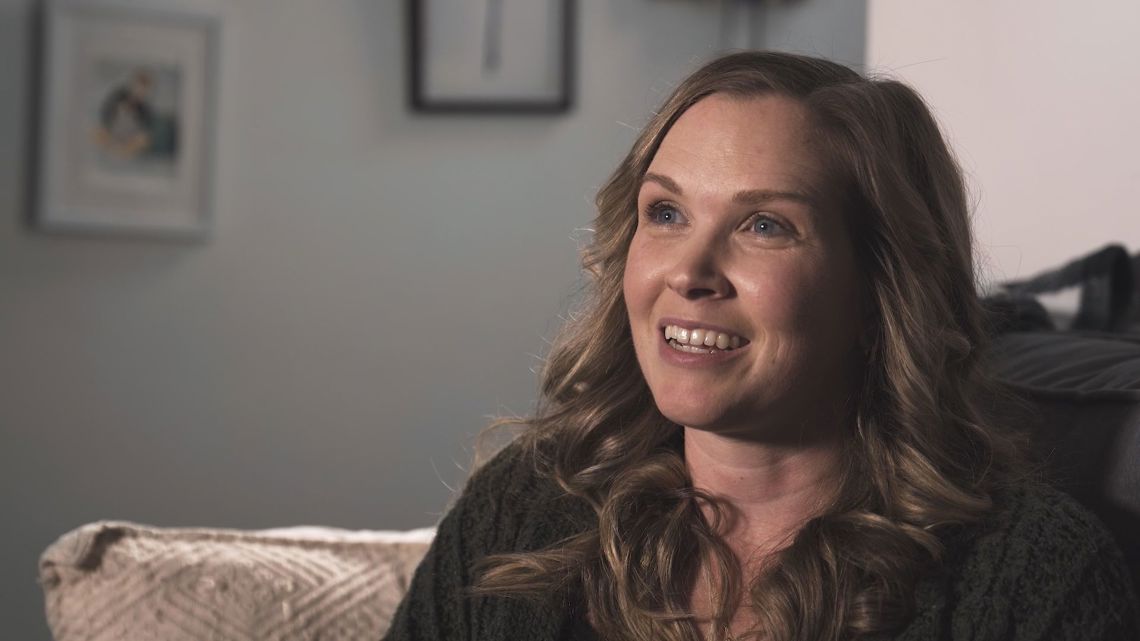
The defense attorney that helped reunite her family later created a position to fill what was clearly a gap - someone with lived experience who could walk others through the legal and emotional process with others fighting to get their children back.
“[I am] the first parent navigator in Georgia, where I'm able to now mentor parents who were in the system for all sorts of allegations, and help them walk through the system to reunification,” Puckett said.
It’s through that job, Puckett introduced 11Alive Investigates to Stephen and Yazmine Glynn. We visited their house right before "outside time."

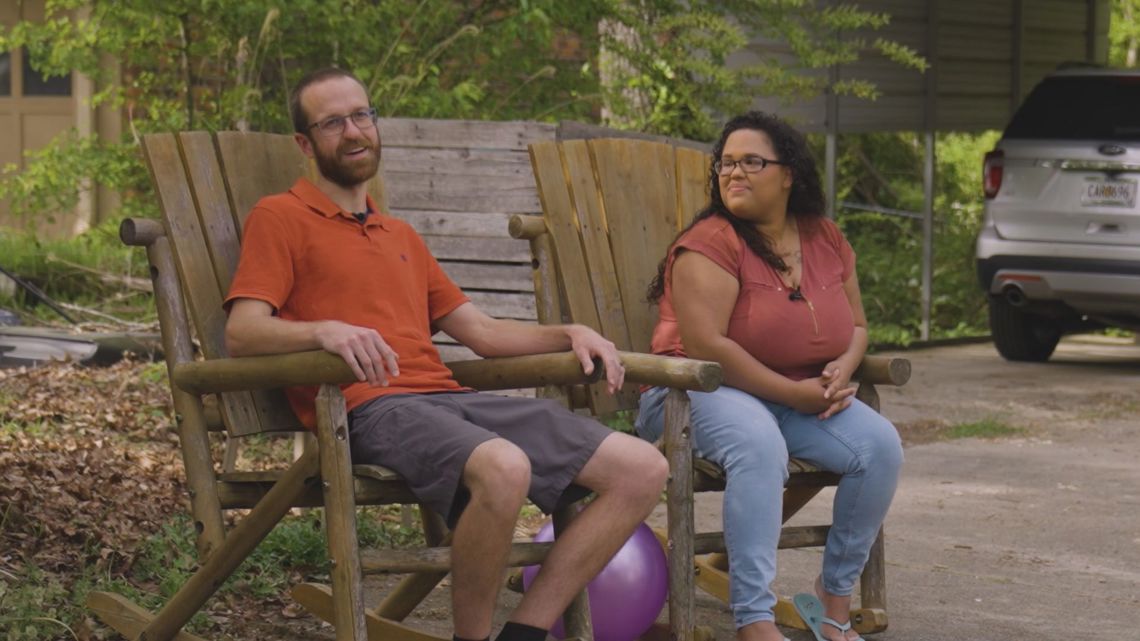
“[It’s] when everybody gets home from school. When I get home from work, we bring our stuff inside, [then]come outside while the day is still nice,” Stephen said. “We can sit out here, enjoy them playing, have small talk.”
It’s precious time after spending two years apart from their kids, accused of physically injuring their little girl.
“843 days in the system,” Yazmine said as she recalled exactly how long their family was torn apart.
The Glynn's recall the strain it put on their marriage as they discussed the possibility of life without their children.

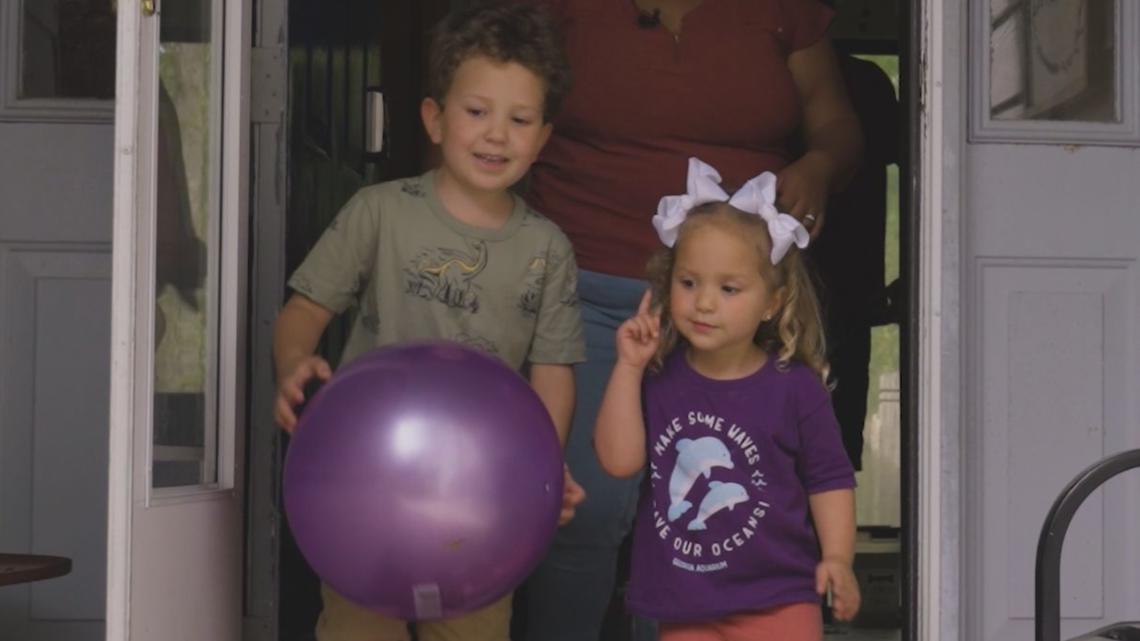
“And those were, those were tough conversations to have,” Yazmine said.
Now, moments that might annoy the typical parent seem just as delightful as the rest. Sibling feuds and chronic interruptions are reminders that they get to spend all day, every day raising their children, an opportunity DFCS wanted to take away.
“Today’s a good day. I’m here, it’s a nice day to play outside. The whole family is together,” Stephen said.
“I feel grateful and blessed. Honestly,” Yazmine said.
Attorney Darice Good, who represented both families, said the system moves quickly to permanently take children away from those who won’t admit guilt. The argument is they’ve shown no remorse – and without that, the parents will never change.
However, the parents 11Alive Investigates talked with said they refuse to admit to something they didn’t do and the heart of their fight is a search for the truth. They want to know what event, situation or medical condition really did cause the injuries.
The interactive carousel below depicts the families that participated in 11Alive's group interview for the series, Help That Harms. The story continues below.
The process of reuniting
Editor's note: This section of the story has been updated to clarify the amount of time Puckett said they had together during supervised visits.
“There’s no winning for these parents in these situations. It’s basically from the moment they get in there, they’re accused and there’s no way to essentially show their innocence,” said Good.
Families contend their children were never victims – until they went into foster care.
“It's impacted them greatly. I mean, it, it impacts how you have relationships with others. You know, it impacts anxiety,” said Puckett, thinking about her two daughters, now teenagers.

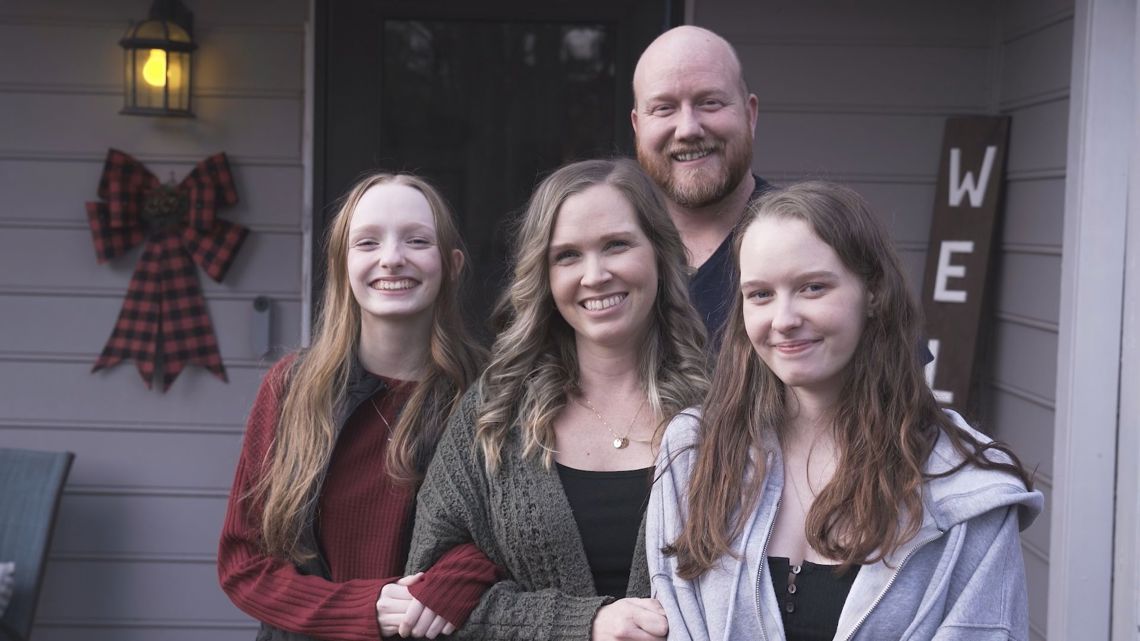
She said the reunification was tough on everybody. Her girls didn’t remember where their rooms were in the house and everyone had to re-learn the family dynamic. After all, Puckett said she counted the time they had together during their supervised visits. It was a total of 16 days in one year.
“That was eye opening to me on why it was hard for my children and I to reconnect when they came home,” Puckett said. “I didn't know who they were.”
11Alive Investigator Rebecca Lindstrom has been looking into the Help That Harms. Follow her investigation on demand via our streaming app 11Alive+ Available on Roku, Apple TV and Amazon Fire TV.


